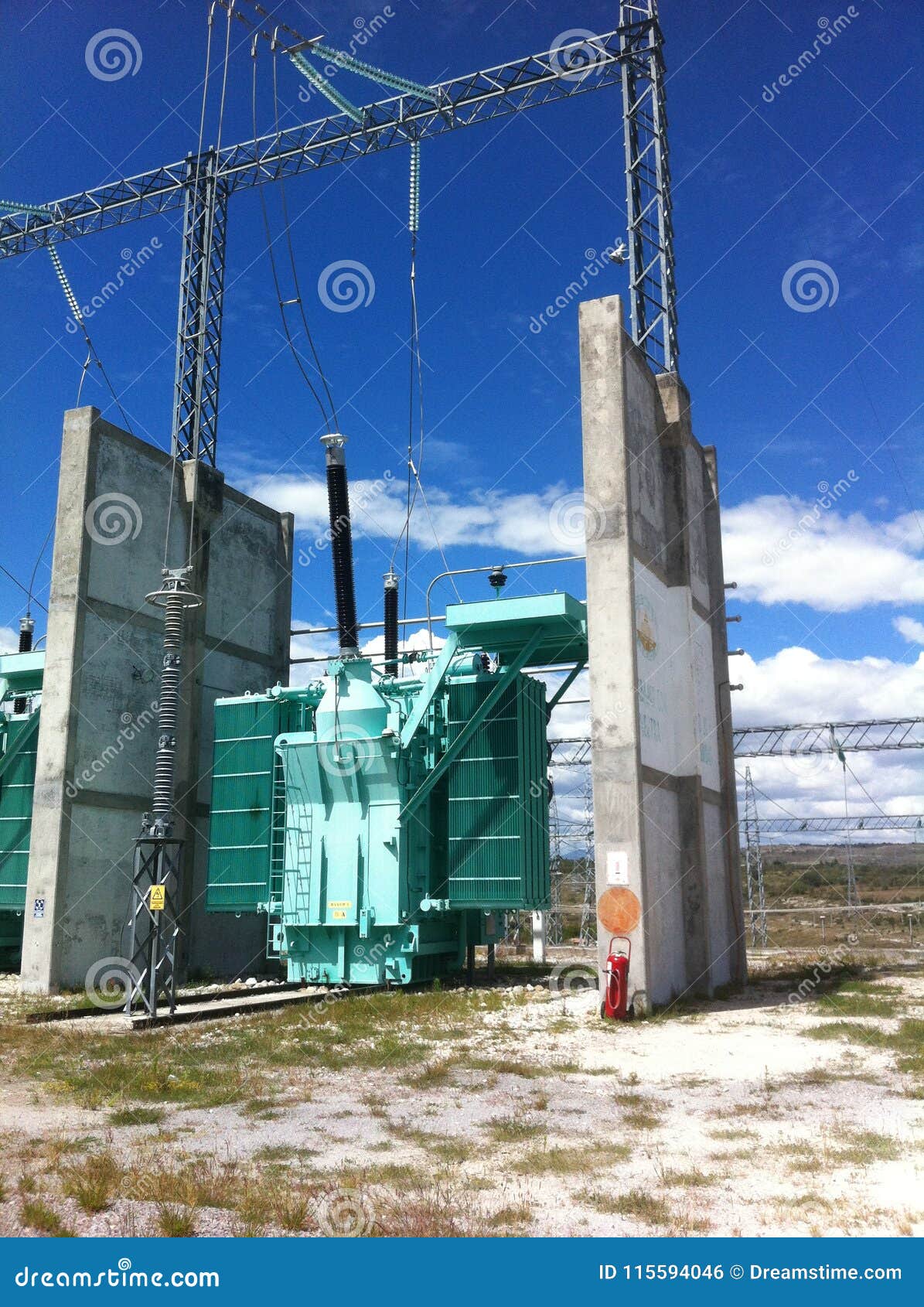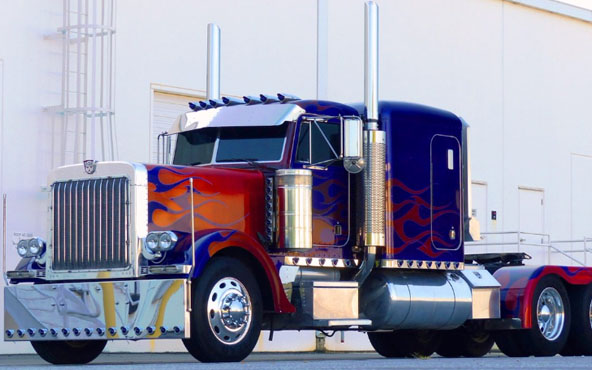

The report said that if AK's GOES production were to shut down, the US would be completely dependent on foreign sources for material critical to the manufacture of transformers. It noted that while AK Steel was still a leader in the domestic market, its electrical steel operations were not profitable, in part due to years of pressure from lower-cost imports. As a result, imports of GOES in 2019 were dramatically lower than in 2018 (down 56%)," the report said. "The threat to national security posed by imports of GOES (among other steel products) was addressed by a Section 232 investigation conducted in 2017, which resulted in the 2018 imposition of 25% tariffs on imports of steel products from most countries. US-based AK Steel – a subsidiary of Cleveland-Cliffs, the largest flat-rolled steel producer in North America – may stop producing grain-oriented electrical steel due to unprofitability, the Bureau of Industry and Security report noted. “An influx of low-price steel from third countries imperils this capability.Receive daily email alerts, subscriber notes & personalize your experience. “The resilience of North America’s energy infrastructure is significantly enhanced by having electrical steel production capability within our region,” he said. Trade Representative Robert Lighthizer thanked his Mexican counterpart for working to find cooperative solutions to a common regional problem.

The agreement, reached after bilateral consultations, affects the transshipment of grain-oriented electrical steel (GOES) from outside the North American region into the United States through downstream products such as transformer cores that could contain such steel.īeginning in the fourth quarter of 2020, Mexico would implement “a strict monitoring regime for exports of electrical transformer laminations and cores made of non-North American GOES,” USTR said.Īs a result, imports from Mexico will not be subject to any tariffs on electrical transformers and related parts, the U.S.

The Mexican government has agreed to strictly monitor certain steel exports to ensure they do not contain low-price steel from countries outside North America, averting future U.S.


 0 kommentar(er)
0 kommentar(er)
